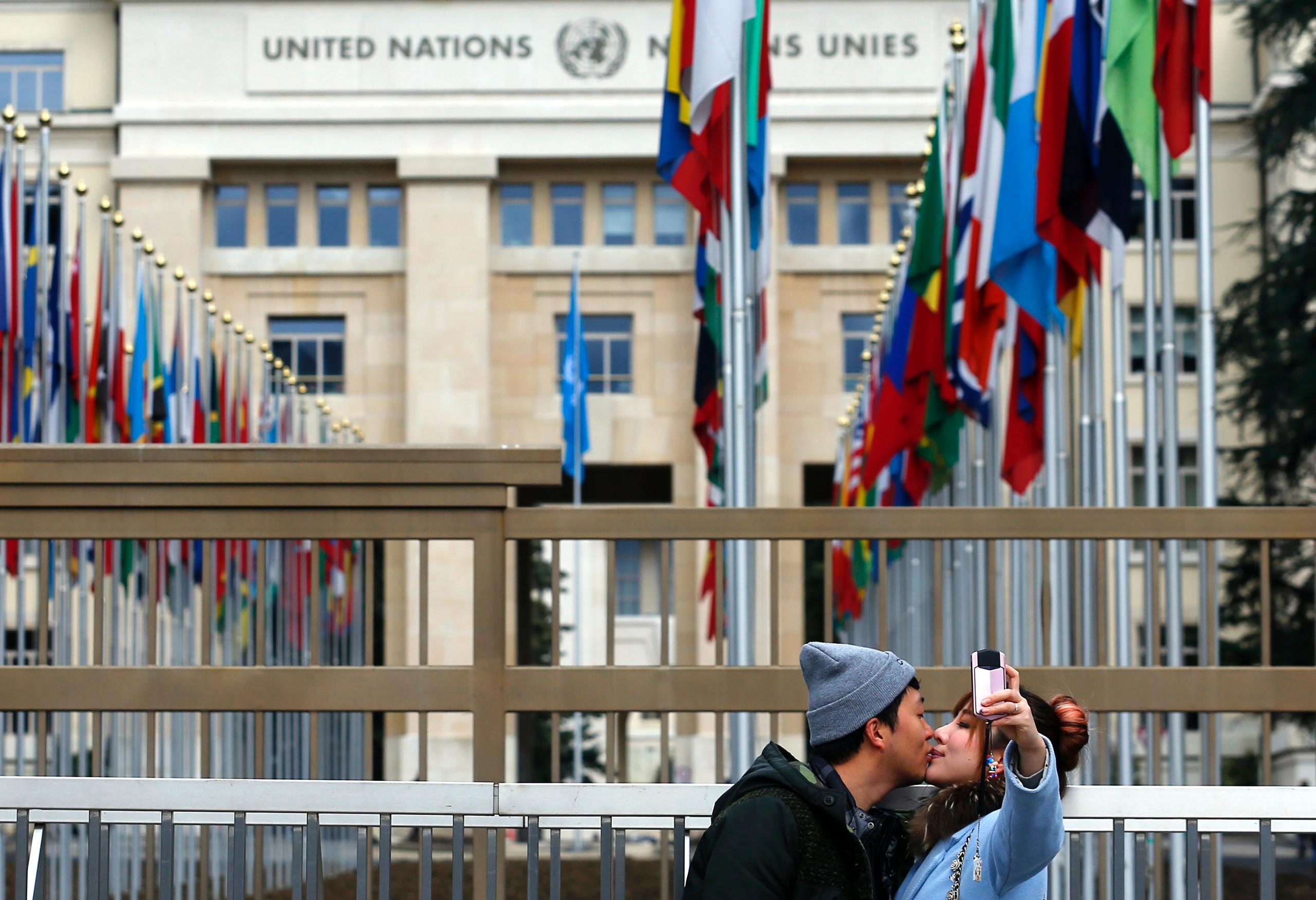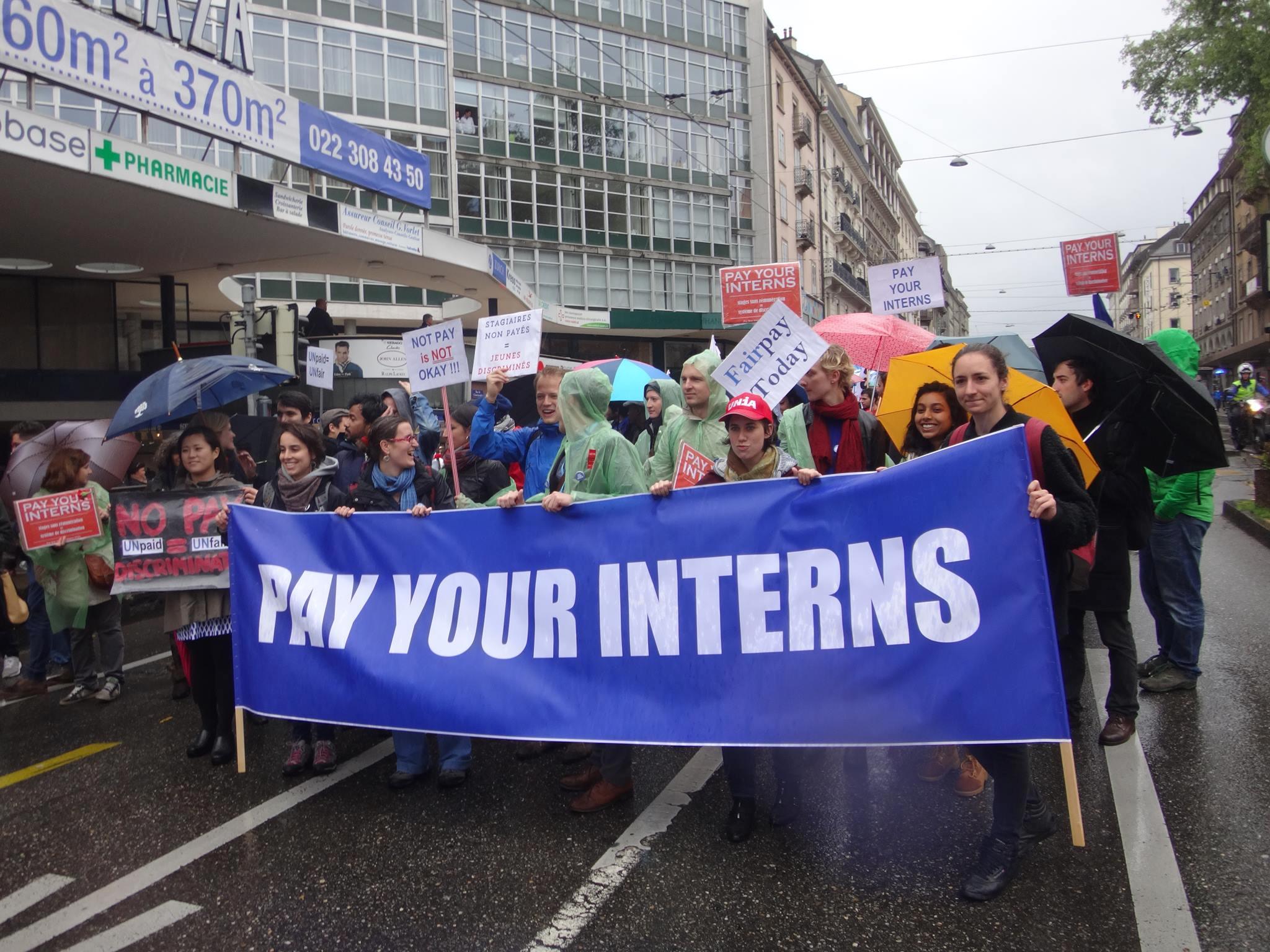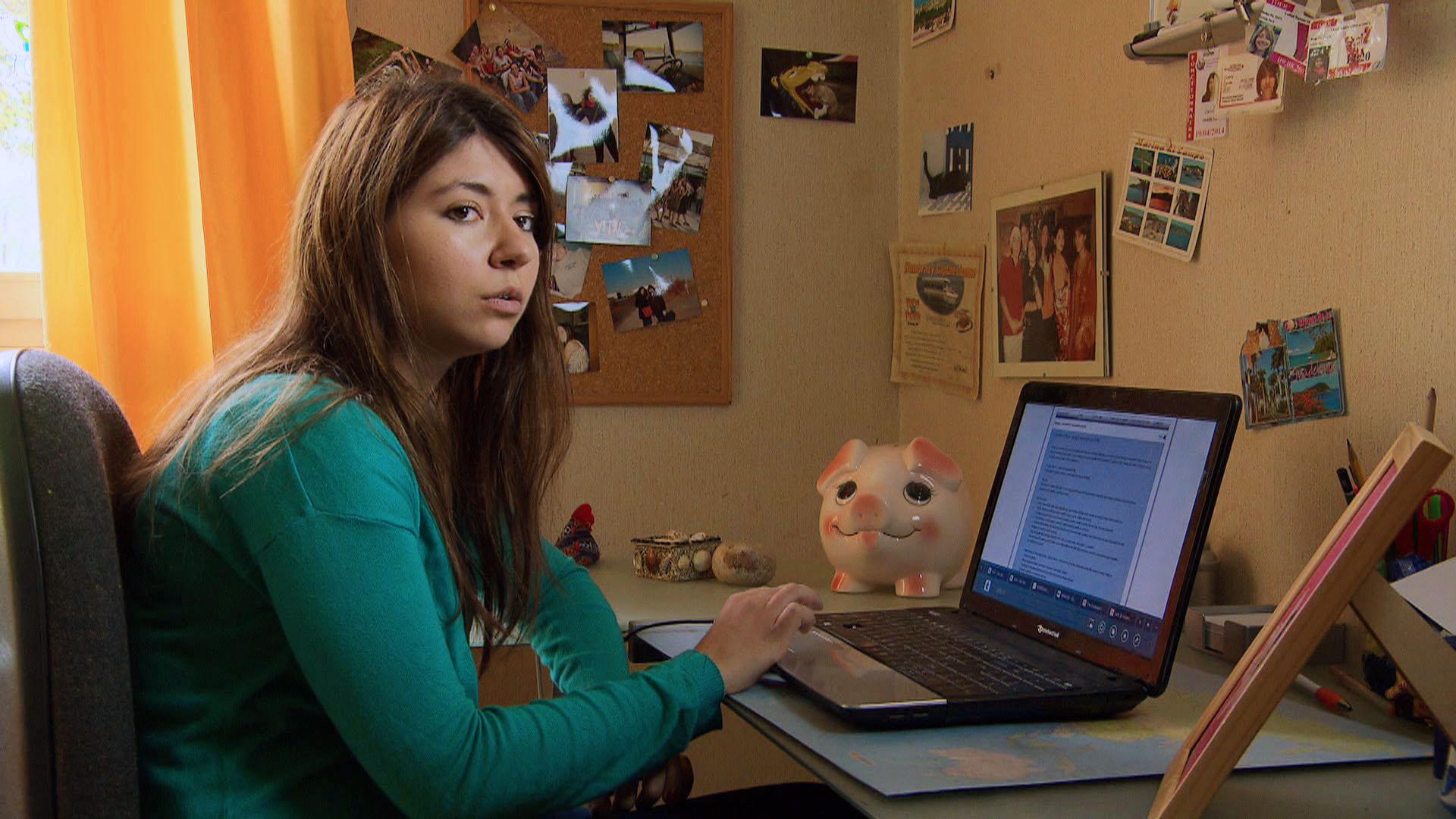UN intern living in tent in Geneva resigns

An unpaid United Nations intern who was forced to live in a tent in Geneva due to the high rents has resigned from his post calling the internship system “unfair”. His case has put the spotlight on the controversial issue of unpaid internships.
“No one forced me to sleep in a tent, but the circumstances and the conditions of this internship made it the only real possibility,” David Hyde, a 22-year-old international relations graduate from New Zealand, told reporters in Geneva on Wednesday.
Over the past two weeks, he spent his nights in a small blue tent by Lake Geneva on a patch of grass close to the World Trade Organization (WTO). Then every morning woke up and put on his suit to head to work at the UN, where he hid his tent, camping stove and personal possessions in a rucksack under his desk.
Hyde said he could not afford the high rent prices in Geneva, one of the most expensive cities in the world.
On Wednesday, the young intern announced he was resigning from his six-month post, as “it would be too difficult to continue to focus on my work as an intern at this stage”. His case has attracted considerable media attention both in Switzerland and abroad.

More
Interns face uphill struggle in Geneva
“When I applied to the UN I didn’t fully disclose my own financial situation. I said I had enough to support myself when really I didn’t and I got the job,” he told reporters gathered in front of the European UN headquarters.
“The UN was clear about their internship policy from the start: no wage or stipend, no transport help, no food allowance, no health assistance. I understood this and have to accept responsibility for accepting the internship in the first place.”
“Call me young and idealistic but I don’t feel this is a fair system…interns all over the world need to come together and push for the recognition of our value and our equal rights that we deserve. As the Universal Declaration of Human Rights says, everyone, without discrimination, has the right to equal pay for equal work. I hope to see the UN become a role model for all on the issue of internships in the future,” he said.
Growing discontent
The issue of unpaid internships has been brewing for several months. Earlier this year critics formed a “Pay Your Interns” movementExternal link, which has around 1,000 supporters on Facebook, and groups of them demonstrated in Geneva.
They denounce “the discriminatory reality of unpaid internships in the United Nations system and in other organisations”. While a handful of UN agencies in Geneva like the International Labour Organisation (ILO) pay interns – the ILO pays CHF1,850 ($1,950) per month since 2011 – they are a minority. A 2013 survey by the Geneva Interns Association (GIA) External linkfound that 68% of interns receive no salary at all.
UN officials deny interns are providing cheap labour. They say interns benefit by learning about how the UN system works and this invaluable experience boosts their CV and future careers.
Ahmad Fawzi, head of communication for the UN in Geneva, defended the organisation saying Hyde could have found accommodation with the UN if he had asked.
He added that the organisation wanted to see changes to the current status quo regarding unpaid internships but explained that the UN’s hands are tied by a decision taken by members states at the General Assembly a few years back not to pay interns.

In compliance with the JTI standards
More: SWI swissinfo.ch certified by the Journalism Trust Initiative




You can find an overview of ongoing debates with our journalists here. Please join us!
If you want to start a conversation about a topic raised in this article or want to report factual errors, email us at english@swissinfo.ch.